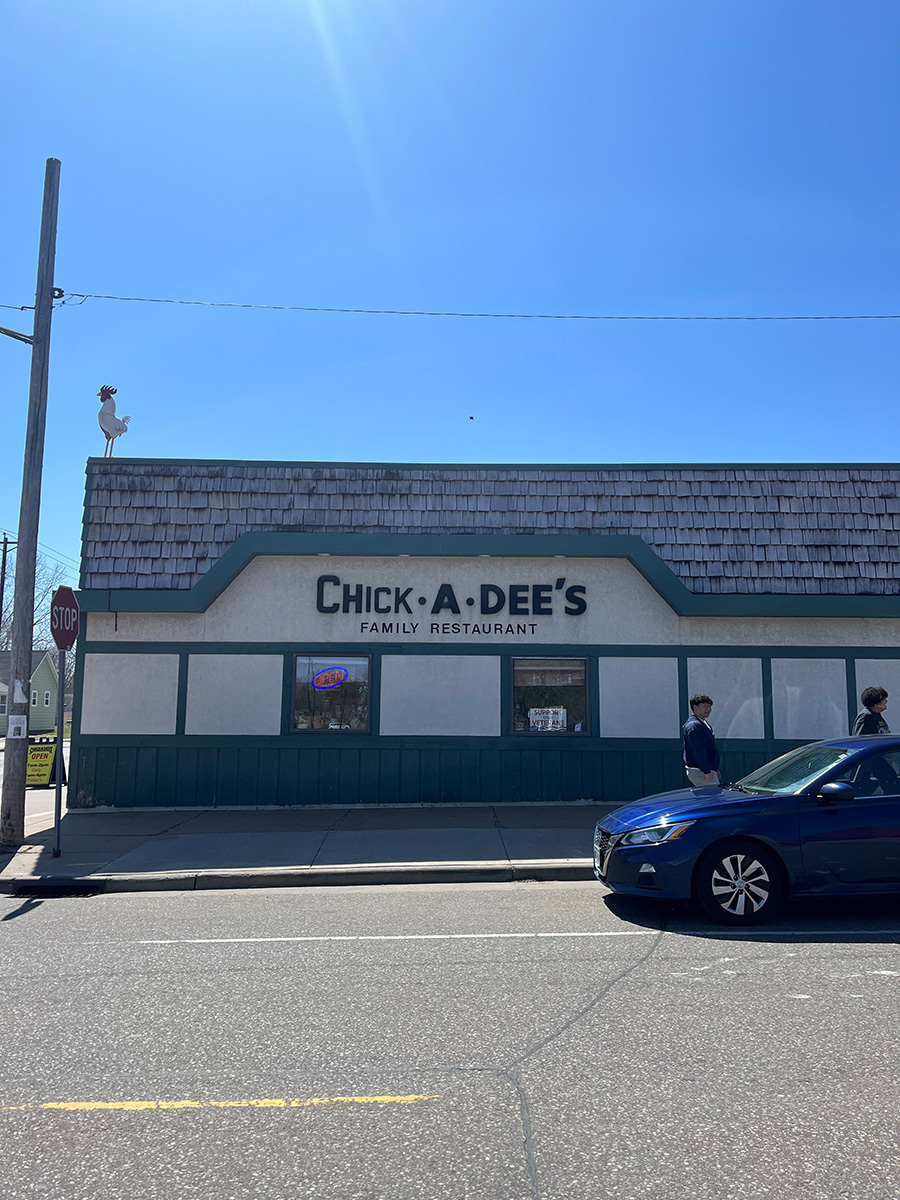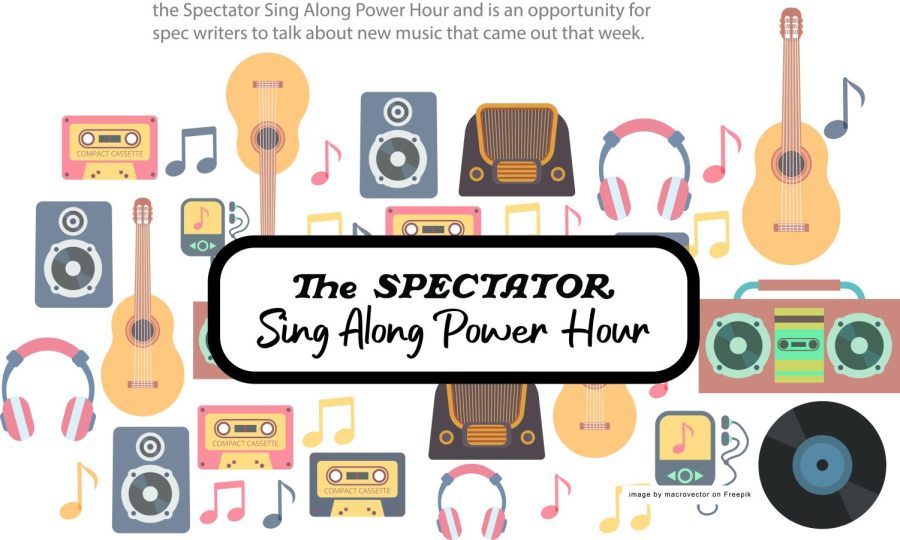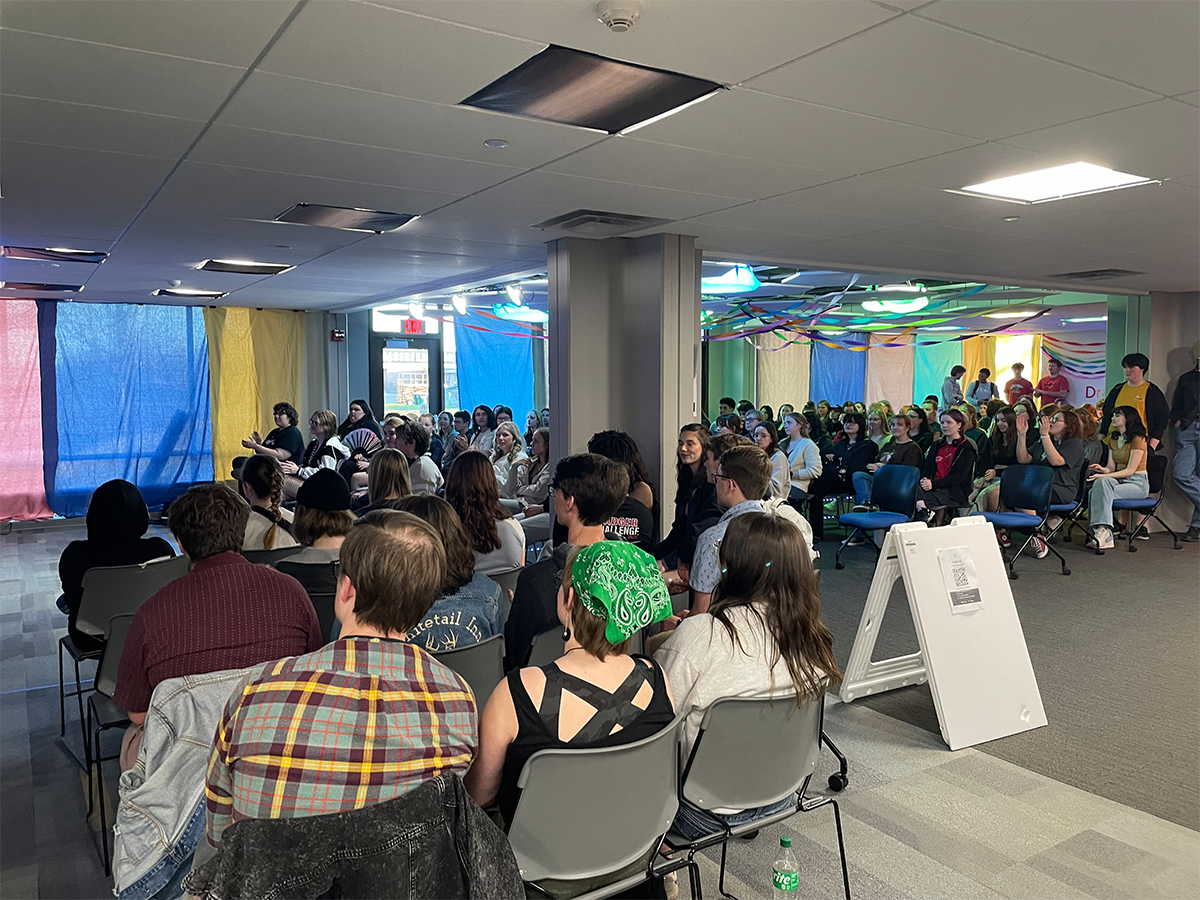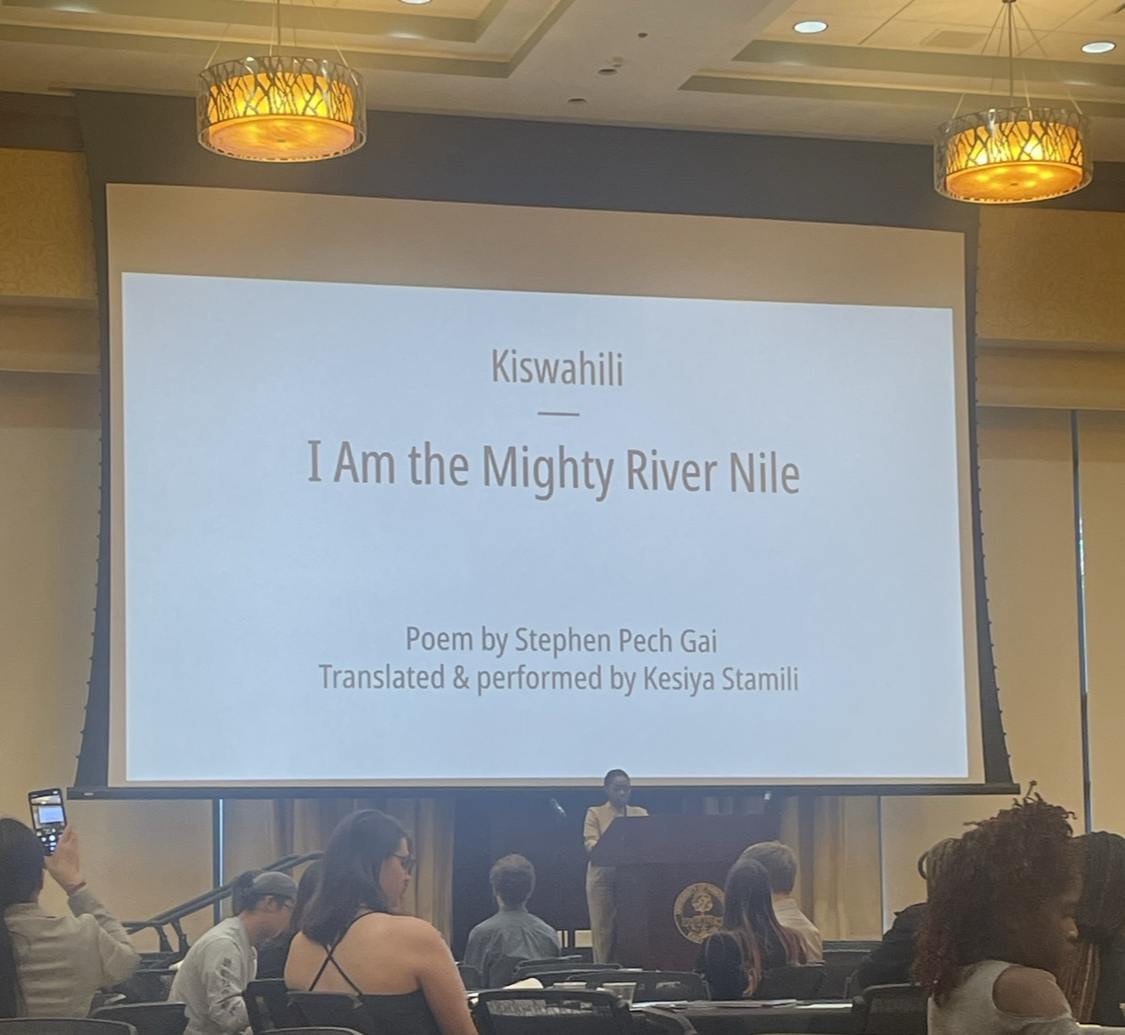Thirteen tweets is an internship application at advertising agency Campbell Mithun. That’s 1,820 characters to prove to the pros you’ve got what it takes to make it in the ad world.
In 2011, 14.4 million people used social media to find a job, according to a survey compiled by CareerEnlightenment.com.
Twitter is all about who you follow, said Laurie Boettcher, a local social media professional. Students looking for jobs need to be following organizations and professionals that are representative of their field.
“Retweeting relevant information — especially that the executives have sent out — shows that you admire them, and they like that,” Boettcher said. “Replying to their tweets with intelligent responses is a great way to get professionals’ attention.”
Creating an online persona is crucial to making connections through social networking sites, but Boettcher said regardless of how much you use Twitter, keep personal
interactions limited.
“It’s important to show a bit of personality as a professional because it helps set you apart and gives you character,” Boettcher said. “But if you use Twitter a lot to talk to friends, then separate it out. Find a balance between friends and tweeting relevant information and articles.”
Making and maintaining connections through social media sites can lead to job prospects, but like Boettcher, Career and Events Manager Jesica Witte cautioned students to know and understand the difference between social and professional networking.
Witte said Facebook is best for doing background research on companies through their fan pages, along with “liking” company pages to help with the job search process, should they post job openings on the fan pages.
“LinkedIn is the most utilized professional networking site, while Twitter is the in-between to follow people involved in the organizations and companies you’re interested in working with,” Witte said.
Facebook privacy settings are often an area of concern for college students who use the site to post pictures and status updates.
Witte said the best way for students to make sure they’re keeping that information private is to Google search themselves — something almost all employers do to get
information on applicants.
As LinkedIn becomes more popular among professionals, Witte said having a profile on the site isn’t even an option but a necessity for students nearing graduation.
“A résumé is a good enough glimpse into experience,” she said, “but LinkedIn gives a better overall picture.”
Boettcher had similar opinions about LinkedIn. She said the most important aspect of a LinkedIn profile is the first section — the summary.
“That’s where you sell yourself to employers, telling them why you’re different through your talents and passions,” Boettcher said. “Sit down to take the time to develop a complete professional profile before adding people to your network.”
For students looking to join a professional networking site like LinkedIn, Witte suggested they start small, connecting with supervisors and colleagues at current positions to avoid becoming overwhelmed by the site’s options
“You can’t build too big of a network, but you need to go about it in the most professional way,” Witte said. “That means not sending generic invites for connections, but attaching a personal note about why you want that connection.”







